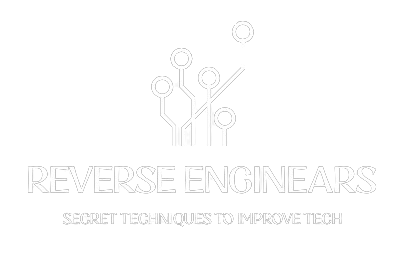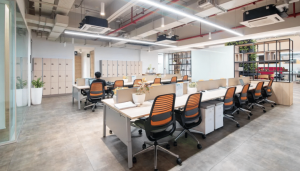
Sustainability and energy efficiency are very important for businesses that want to lower their costs and effect on the environment these days. Using IoT-enabled systems can let companies design environmentally friendly offices that are not simply technologically advanced. These new ideas make it possible to use less energy, make the workplace more efficient, and make workers more comfortable. Internet of Things (IoT) integration into building infrastructure changes energy consumption patterns, opening doors to sustainability in the future. This revolutionary method fits with the rising need for smarter and greener spaces, making sure that the modern office turns into a smart office.
Improving Energy Management
Maximizing energy management in offices depends much on IoT-enabled smart office technologies. These systems real-time monitor and control energy consumption by means of sensors, linked devices, and automated controls. Smart lighting solutions, for example, greatly lower energy waste by varying illumination settings depending on occupancy and natural light availability. In the same vein, clever climate control technologies guarantee that air conditioning, ventilation, and heating systems run just when required, therefore reducing needless energy consumption. Supporting companies in their pursuit of sustainability, these smart energy management techniques help to lower operating expenses and carbon impact.

Enhanced Workplace Efficiency
Incorporating IoT-enabled technology into offices contributes to overall operational efficiency in addition to energy conservation. In order to improve space management and make resource use more straightforward, Internet of Things devices enable desk booking systems and real-time occupancy tracking. During the time that facility managers are gaining knowledge about the trends in space utilization and perhaps making informed judgments on workspace management, employees are gaining benefits from perfect workflows. The intelligent workplace transforms into a dynamic environment that caters to the ever-evolving requirements of businesses and their employees. This is accomplished by automating routine tasks and fostering efficient communication between various electronic devices.
Encouraging Worker Welfare
IoT innovations enable smart office solutions that not only increase energy savings but also employee comfort and well-being. These systems can control environmental variables including temperature, air quality, illumination, and temperature to guarantee the best working conditions. IoT sensors, for instance, track air quality and set ventilation systems to preserve indoor settings, directly affecting employee productivity and satisfaction. By mimicking natural light patterns, smart lighting systems help to lower eye strain and increase mood and focus. Organizations foster sustainability and human well-being by giving employee health and comfort first priority, therefore transforming their workplace.
The Role of IoT in Sustainable Workspaces
Implementing IoT-enabled systems in the workplace is a big step toward creating areas that are ready for the future. These innovations help companies to match world ethical standards and keep ahead of environmental laws. Through constant data analysis and machine learning, IoT systems can predict energy trends and suggest more ways to save energy. This keeps workspaces sustainable and efficient over time. Apart from lowering resource consumption, the perfect integration of IoT into workplace infrastructure helps companies to be leaders for environmentally friendly innovation. As companies keep adopting these developments, the idea of a smart office becomes connected with ethical and proactive operations.






